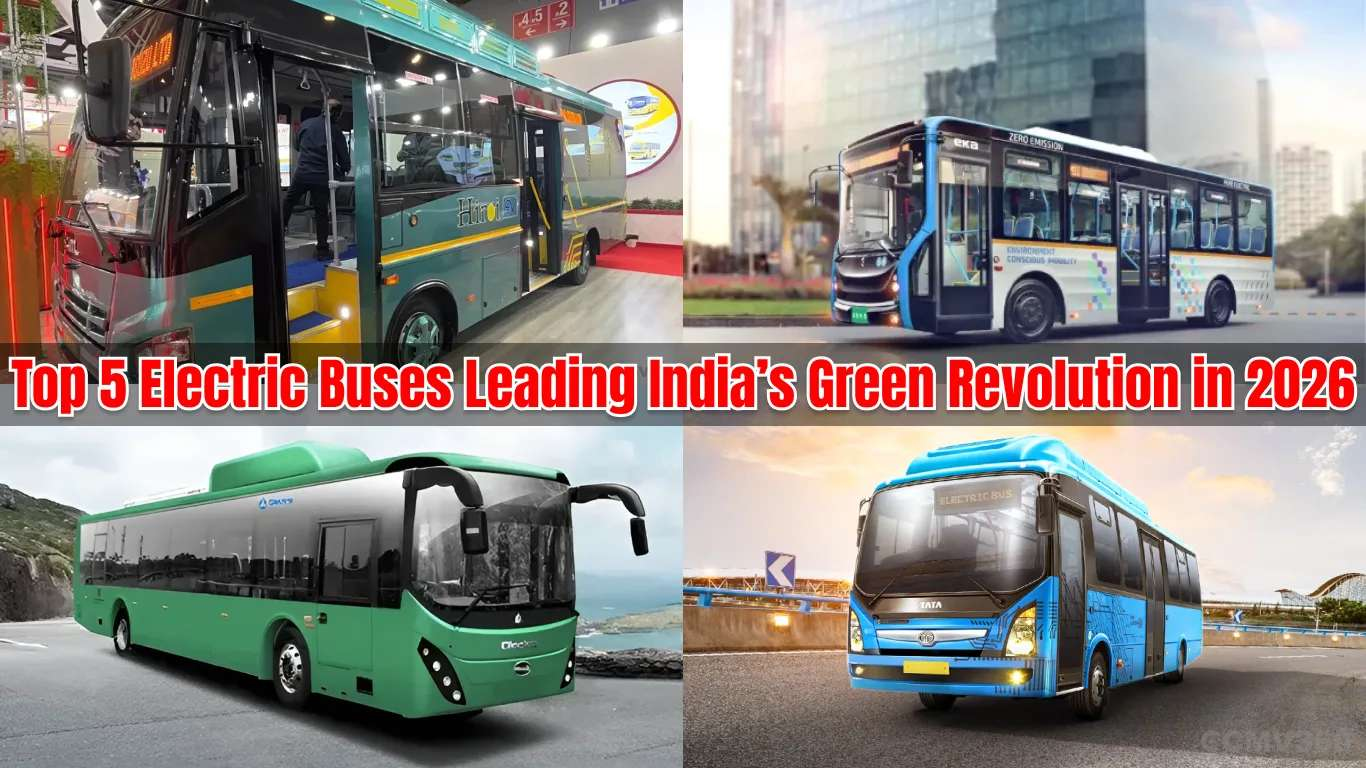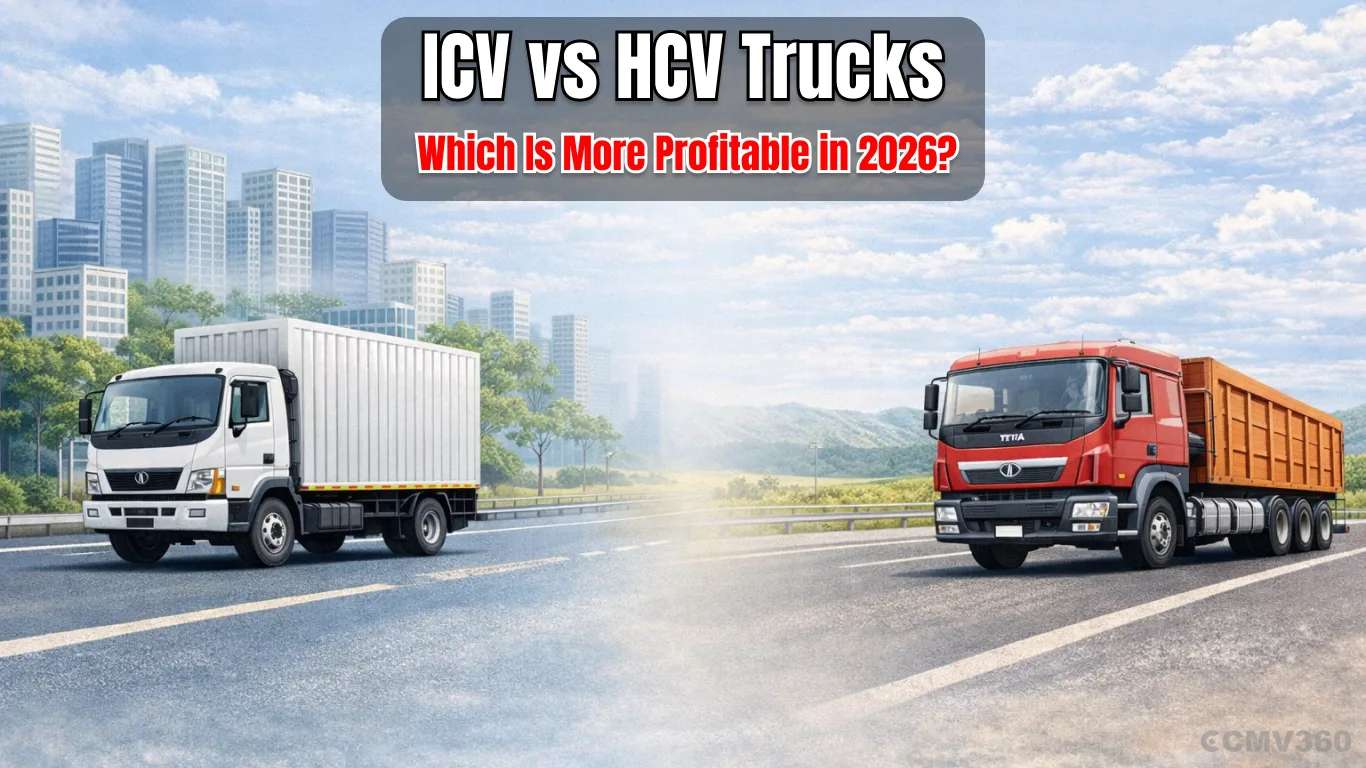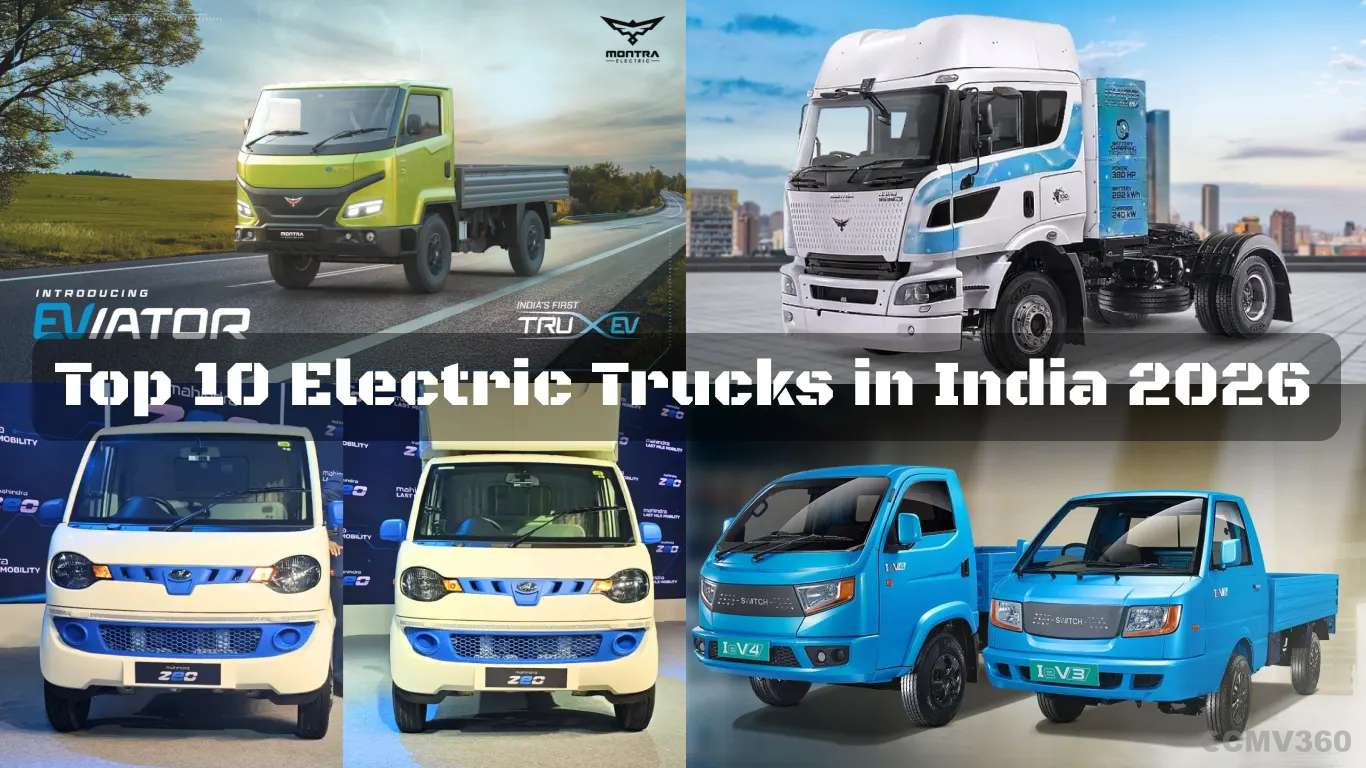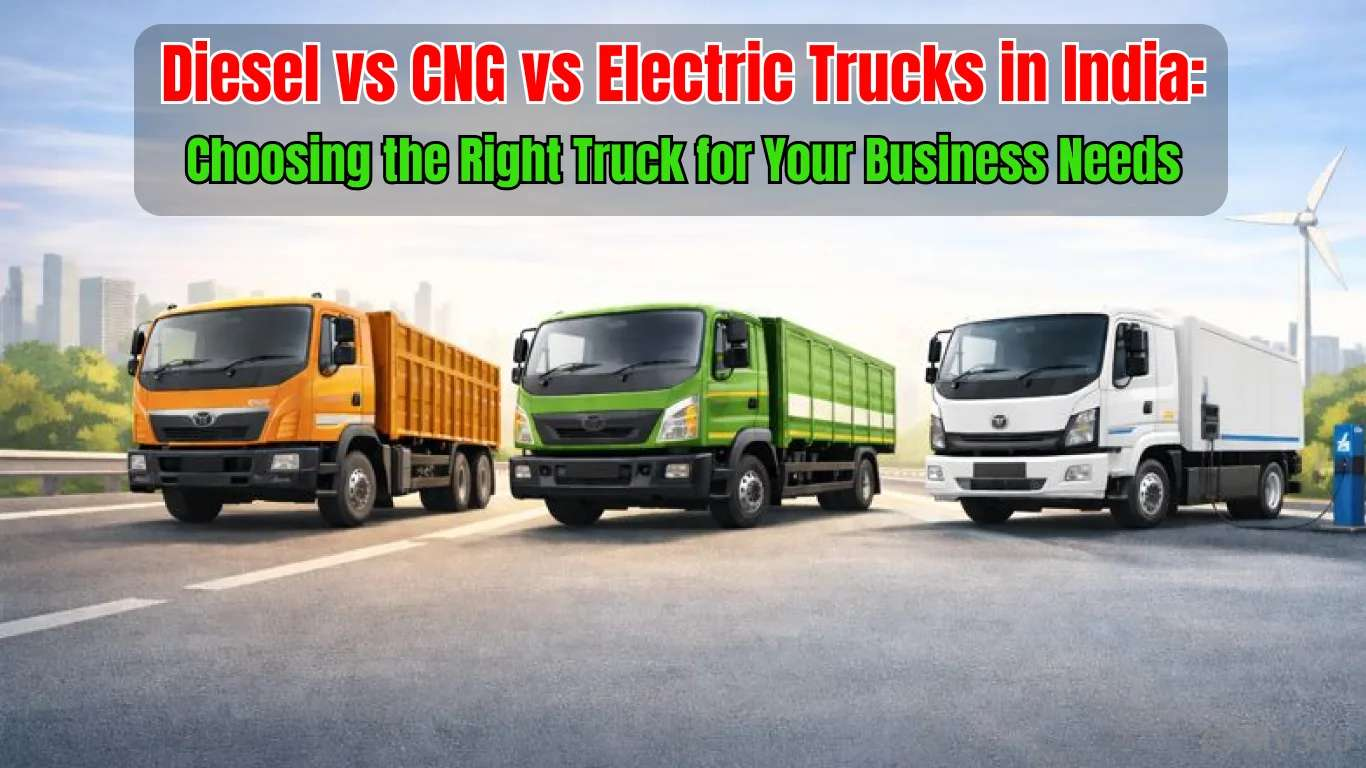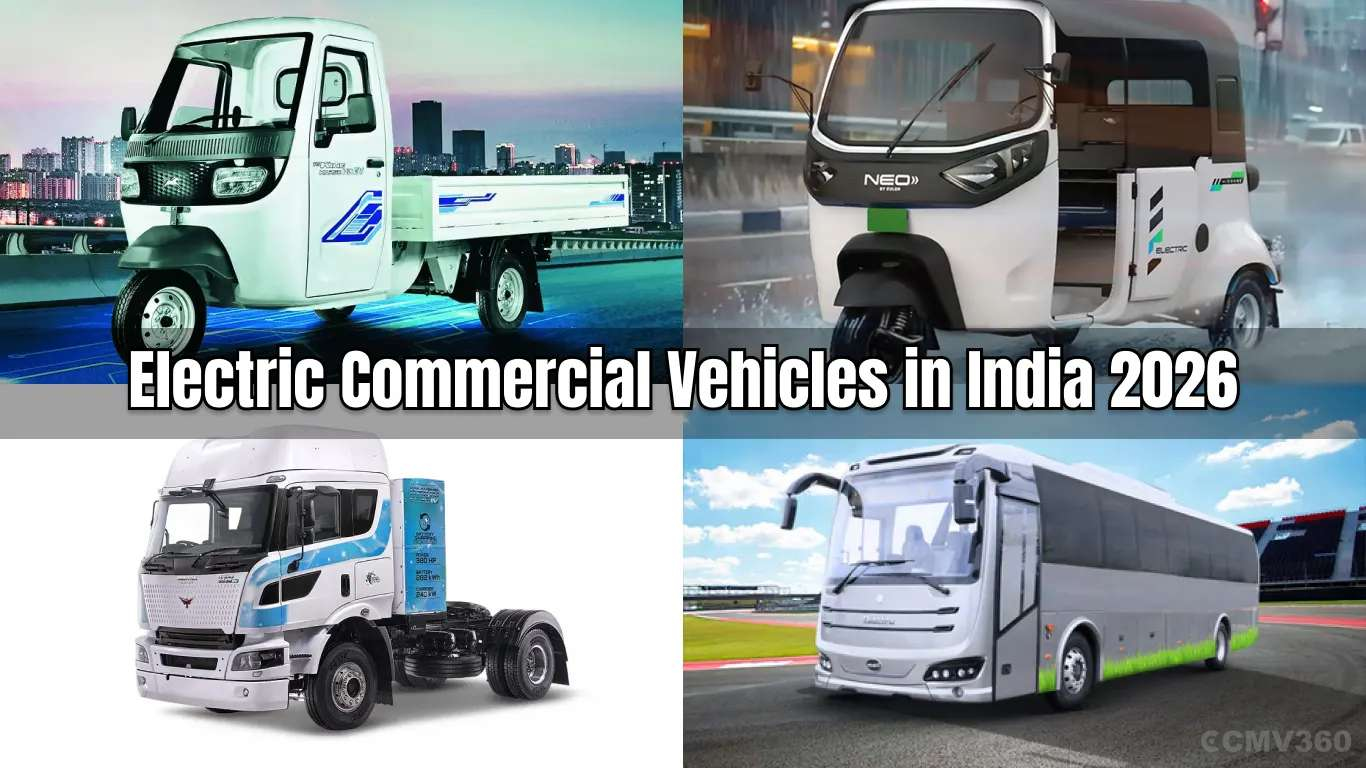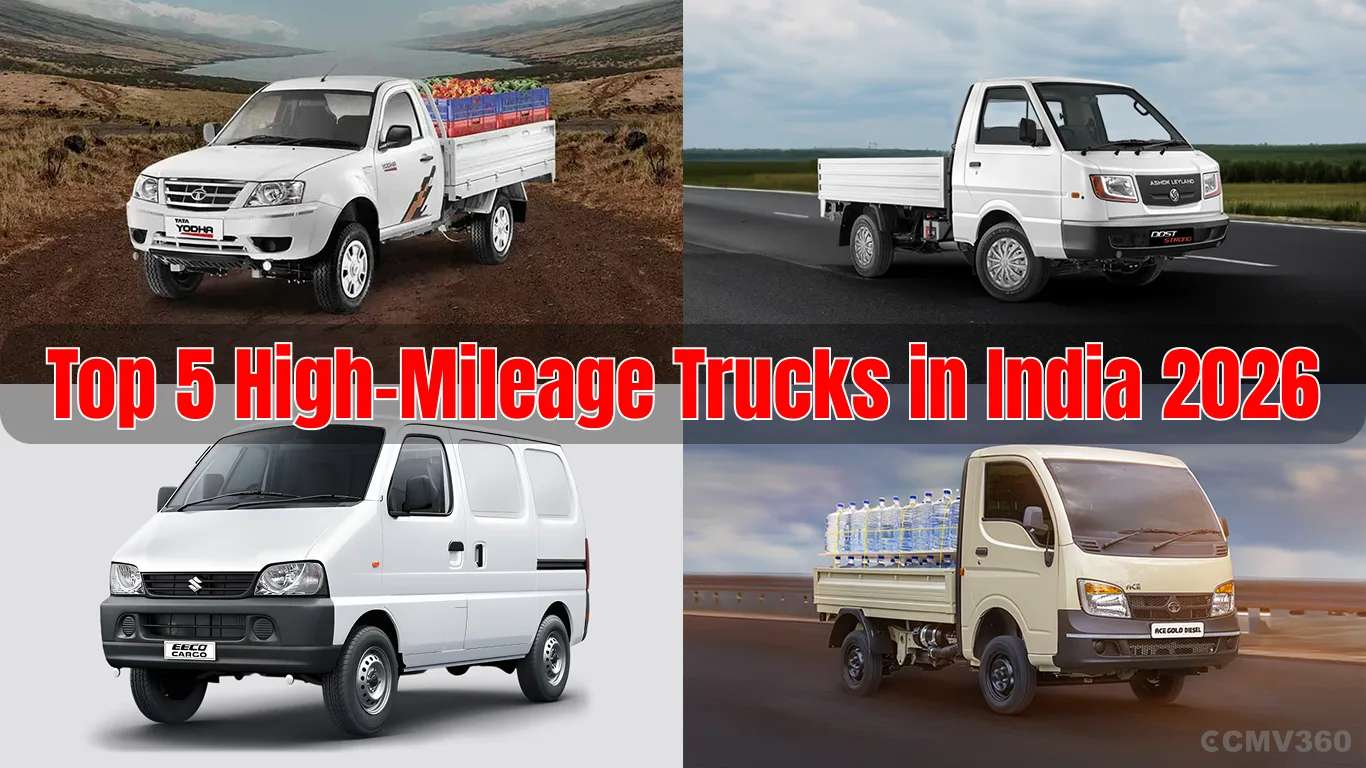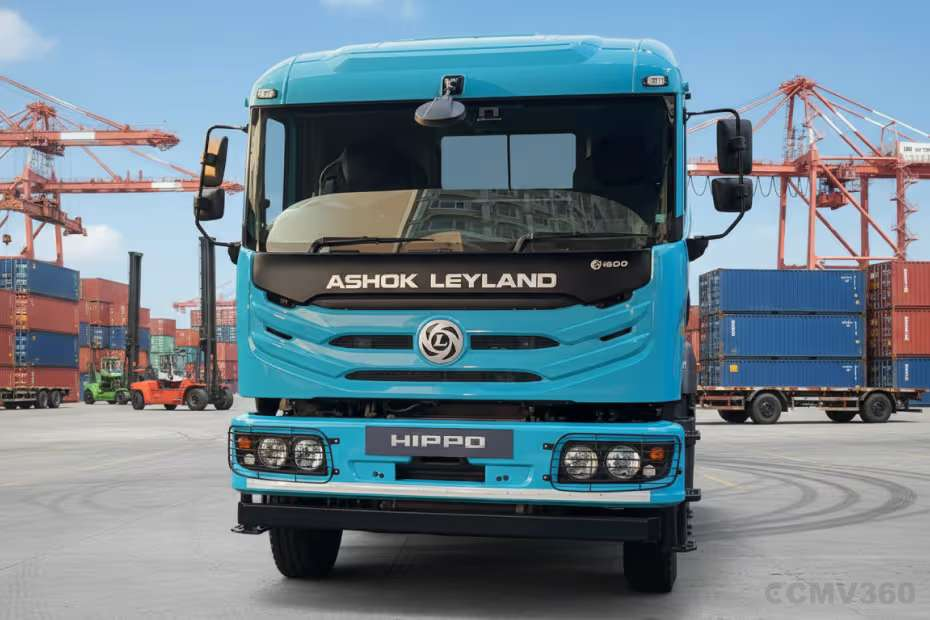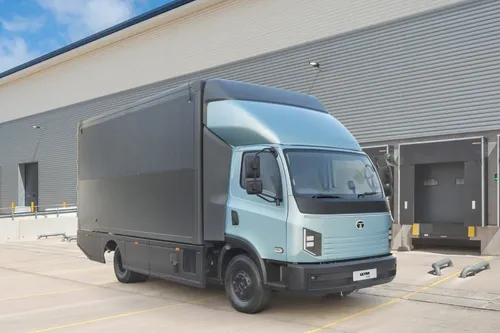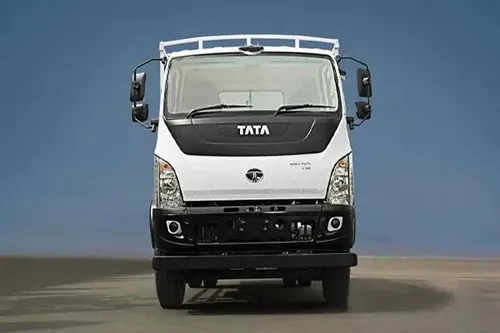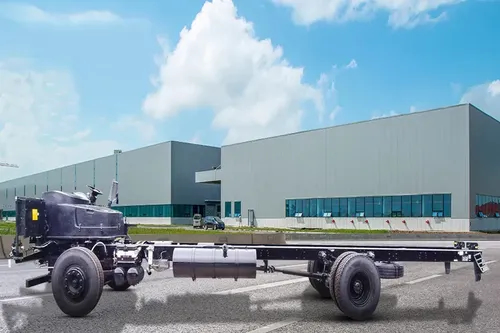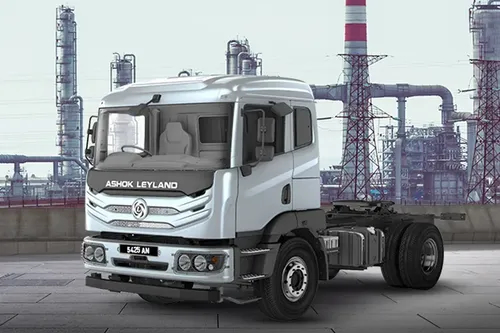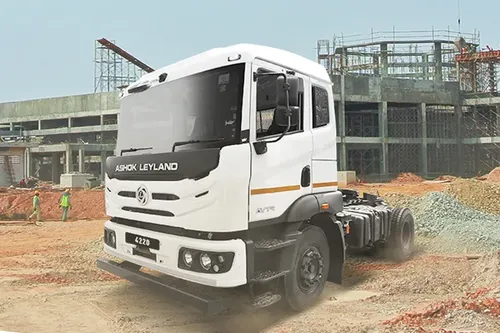Ad
Ad
Electric vehicles: Types of Electric Vehicles, Their Mechanism and Advantages
Electric vehicles have taken over the automobile market and transformed the industry. They are not, however, limited to using batteries to work. The many sorts of EVs provide numerous potentials. Here's a detailed article on the various types of electric vehicles available on the market.

Electric vehicles can play an important role in fighting climate change around the world by lowering emissions and decreasing reliance on fossil fuels. This article discusses the Types of Electric Vehicles and their Mechanism
With the increased demand for electric vehicles, it is critical to understand the types of electric vehicles available. Each type has a distinct technological framework that is worth studying. Here's a detailed article on the various types of electric vehicles available on the market.
Electric vehicles have taken over the automobile market and transformed the industry. They are not, however, limited to using batteries to work. The many sorts of EVs provide numerous potentials. When it comes to electric vehicles, you've probably heard the phrases BEV, HEV, PHEV, and FCEV. If you haven't, let this article clear your concept about the electric vehicle.
What do you mean by Electric Vehicles?
A vehicle that runs with the help of electricity is known as an electric vehicle (EV). It generates power by burning a mixture of fuel and gases. Electric motors either support a conventional internal combustion engine (ICE) or power the entire vehicle, depending on the type of electric vehicle.
Though electric vehicles have been around for a long time, they have gotten a lot more attention in the recent decade due to rising carbon footprints and other environmental repercussions of fuel-based vehicles.
Electric vehicles, such as commercial vehicles and scooters, are propelled by one or more electric motors. These motors are powered by a battery pack, which allows them to accelerate and drive.
Commercial vehicles such as buses, trucks, vans, and tractors are important in the agriculture and construction industries. When opposed to a combustion engine, these commercial electric vehicles ensure a quiet and eco-friendly model.
Also Read: Which is Best for Your Business: Diesel, CNG, or Electric Trucks?
Types of Electric Vehicles and Their Mechanism
Battery Electric Vehicle
A battery-electric vehicle (BEV) is a fully electric vehicle that is powered solely by electricity. These vehicles have no internal combustion engines, and the electric motors are powered by onboard battery packs.
This sort of electric vehicle, such as electric two-wheelers and electric three-wheelers, must be charged at home or at a rapid charging station. Regenerative braking can also be used to recover energy. BEVs feature substantially larger batteries and kilowatt-hour outputs, making them a more expensive option.
Hybrid Electric Vehicle
A hybrid electric vehicle (HEV) is also referred to as a series hybrid or parallel hybrid. HEVs are powered by both an engine and an electric motor. The engine is powered by fuel, while the motor is powered by batteries. Both the engine and the electric motor rotate the transmission at the same time. This, in turn, drives the wheels.
Plug-in Hybrid Electric Vehicle
A plug-in hybrid electric vehicle (PHEV) is a vehicle that has an engine as well as a motor. PHEVs are also referred to as series hybrids. You can pick between conventional fuel (such as petrol, and diesel) and alternative fuel (such as bio-diesel). A rechargeable battery pack can also be used to power it. External charging is possible for the battery.
The electric motors in PHEVs handle the heavy lifting, so you can totally switch to it and turn off the ICE. Furthermore, depending on the circumstances, you can drive a PHEV among the various types of electric vehicles on both petrol and electricity. Drivers can also use both options to power the vehicle, but the battery recharges automatically.
Also Read: Top 5 Electric Three-Wheeler Manufacturers in India
Fuel Cell Electric Vehicle
Fuel Cell Electric Vehicle (FCEV) is another version in the numerous forms of electric vehicles category. Fuel Cell Vehicles, often known as zero-emission vehicles, generate the electricity required to power the vehicle using fuel-cell technology. These vehicles store energy in various ways. When hydrogen is injected into FCEVs, the chemical reaction generates its own electric charge. As a result, they may not require grid charging.
The Benefits of Electric Vehicles
Environment Friendly
Possibility of lowering greenhouse gas emissions. Reduce your reliance on petroleum. Reduce the negative health effects of air pollution.
Consume less fuel
Internal combustion engines consume fuel even when the vehicle is idle, whereas electrical vehicles do not consume energy when stationary.
Do not require a gearbox
Unlike internal combustion engines, they may be accurately controlled and generate high torque from rest, and they do not require many gears to meet power curves. As a result, gearboxes and torque converters are no longer required.Electric motors are mechanically very simple and can be precisely regulated. They frequently achieve 90% energy conversion efficiency over the full range of speeds and power output.
Conclusion
The electric vehicle industry has seen significant advancements. Hopefully, this electric vehicle classification defines every detail and influences your purchasing selections.
Features & Articles
Top 5 Electric Buses Leading India’s Green Revolution in 2026
Explore top electric buses in India 2026 with prices, range, features, and comparison of Switch, Tata, EKA, Olectra, and SML electric buses....
30-Jan-26 10:47 AM
Read Full NewsICV vs HCV Trucks: Which Is More Profitable in 2026?
ICV vs HCV trucks in 2026 explained with costs, mileage, ROI, maintenance, and profitability. A simple guide for Indian fleet owners to choose the most profitable truck t...
27-Jan-26 11:52 AM
Read Full NewsTop 10 Electric Trucks in India 2026: Price, Range, & Payload
Explore the top 10 electric trucks in India 2026 with prices, range, payload, and features....
22-Jan-26 09:17 AM
Read Full NewsDiesel vs CNG vs Electric Trucks in India 2026: Choosing the Right Truck for Your Business Needs
Compare diesel, CNG, and electric trucks in India. Understand costs, performance, and business suitability to choose the right truck for long-haul, city logistics, or eco...
21-Jan-26 11:12 AM
Read Full NewsElectric Commercial Vehicles in India 2026: Complete Guide to Electric Trucks, Buses, and Three Wheelers with Prices
Electric Commercial Vehicles in India 2026 explained with latest electric truck, bus, and three wheeler prices, features, range, and logistics insights, making buying dec...
19-Jan-26 09:52 AM
Read Full NewsTop 5 High-Mileage Trucks in India 2026
Explore the top 5 high-mileage trucks in India 2026 with Tata, Mahindra, Maruti Suzuki, and Ashok Leyland models. Compare mileage, prices, payload, and features for profi...
16-Jan-26 10:08 AM
Read Full NewsAd
Ad
